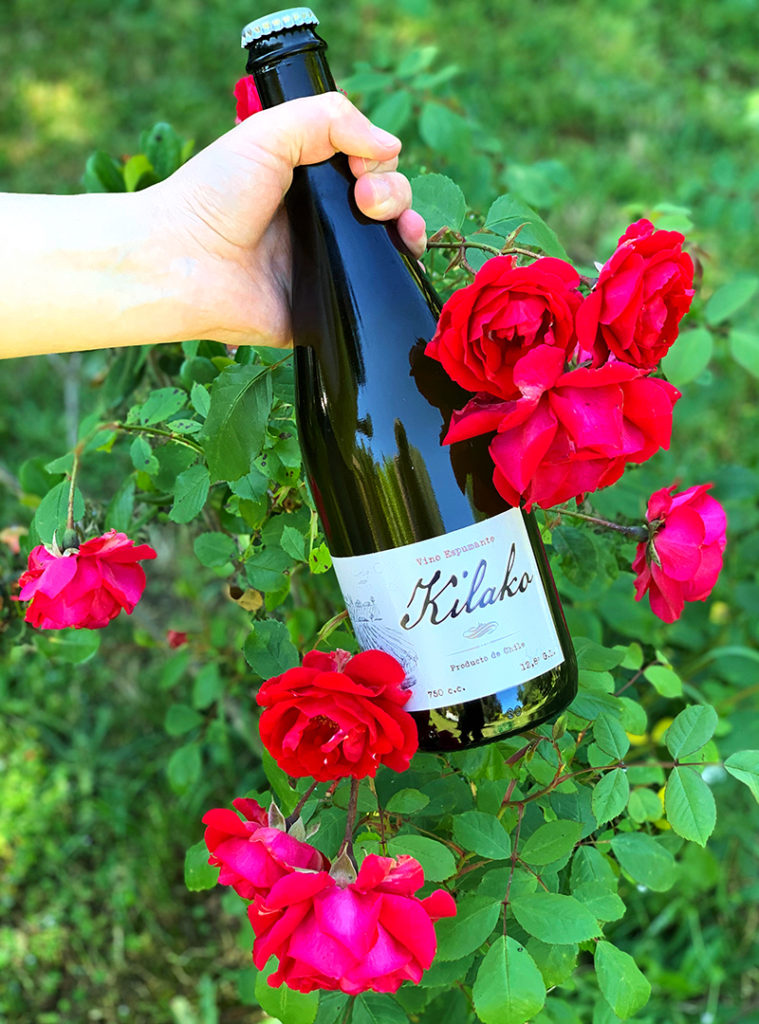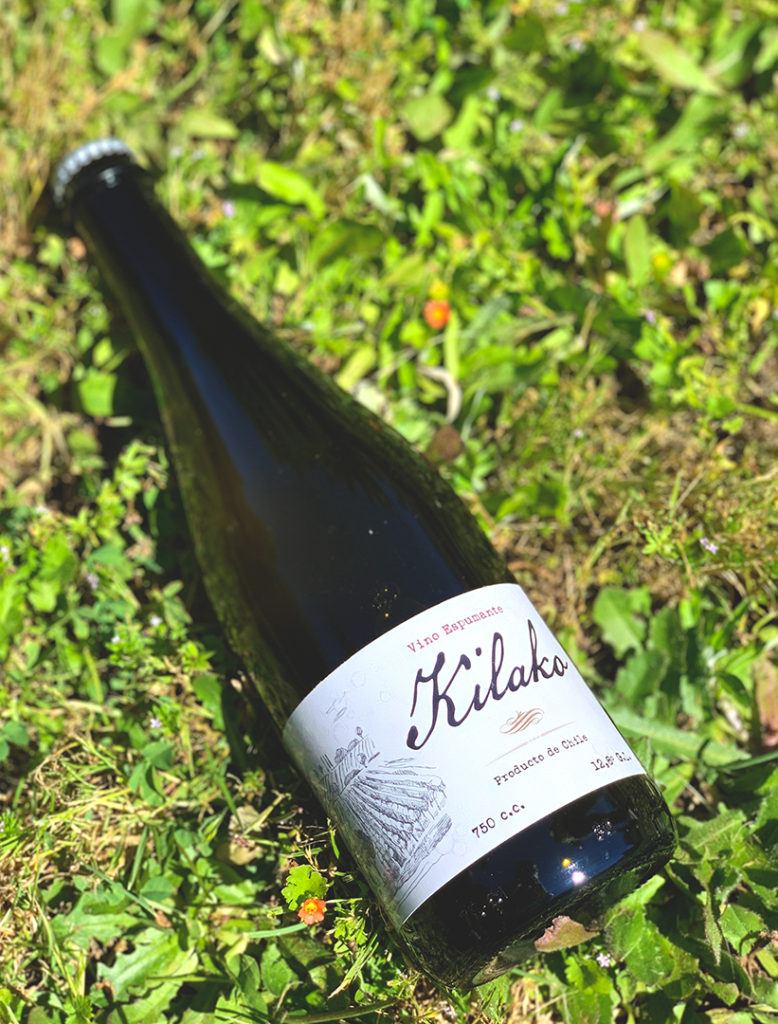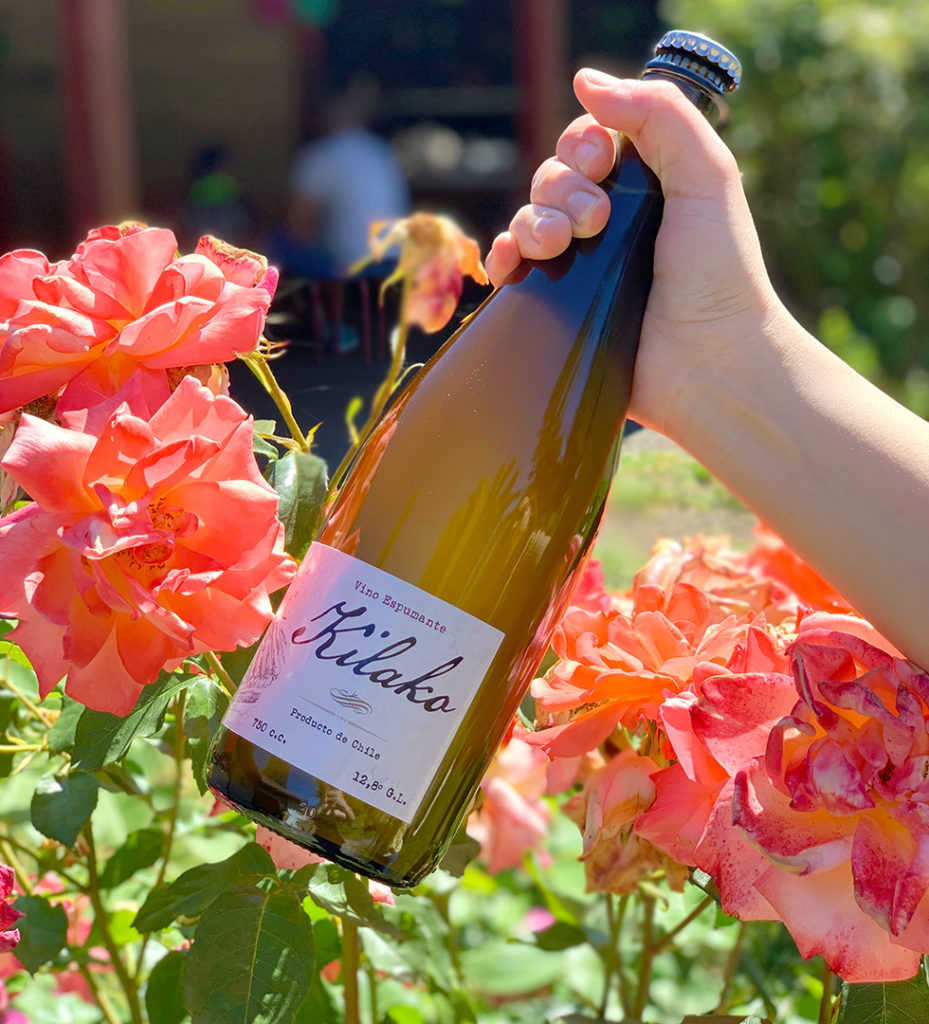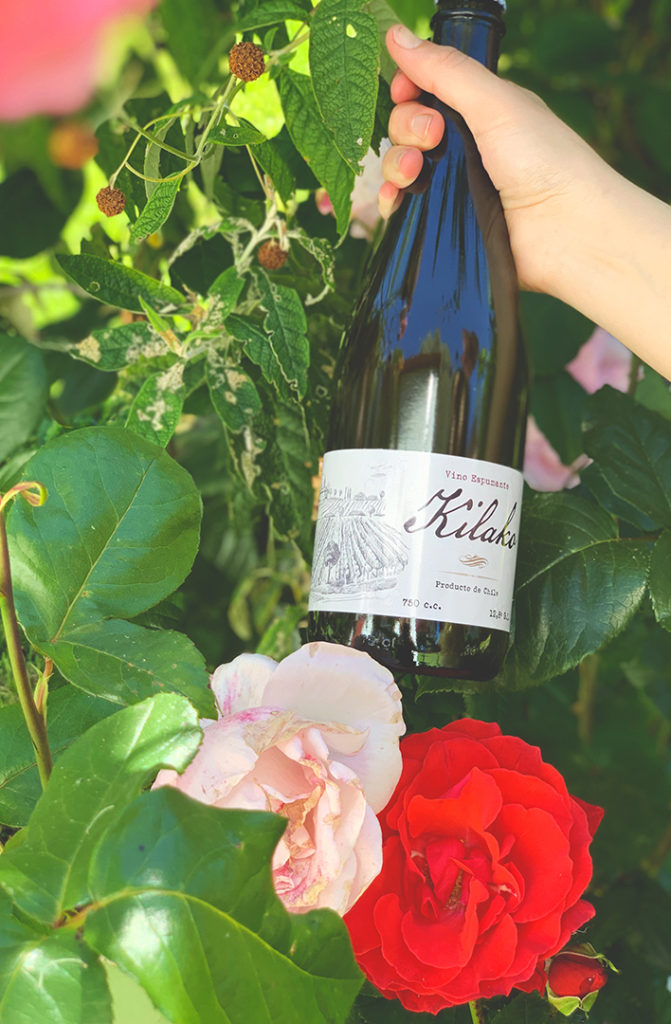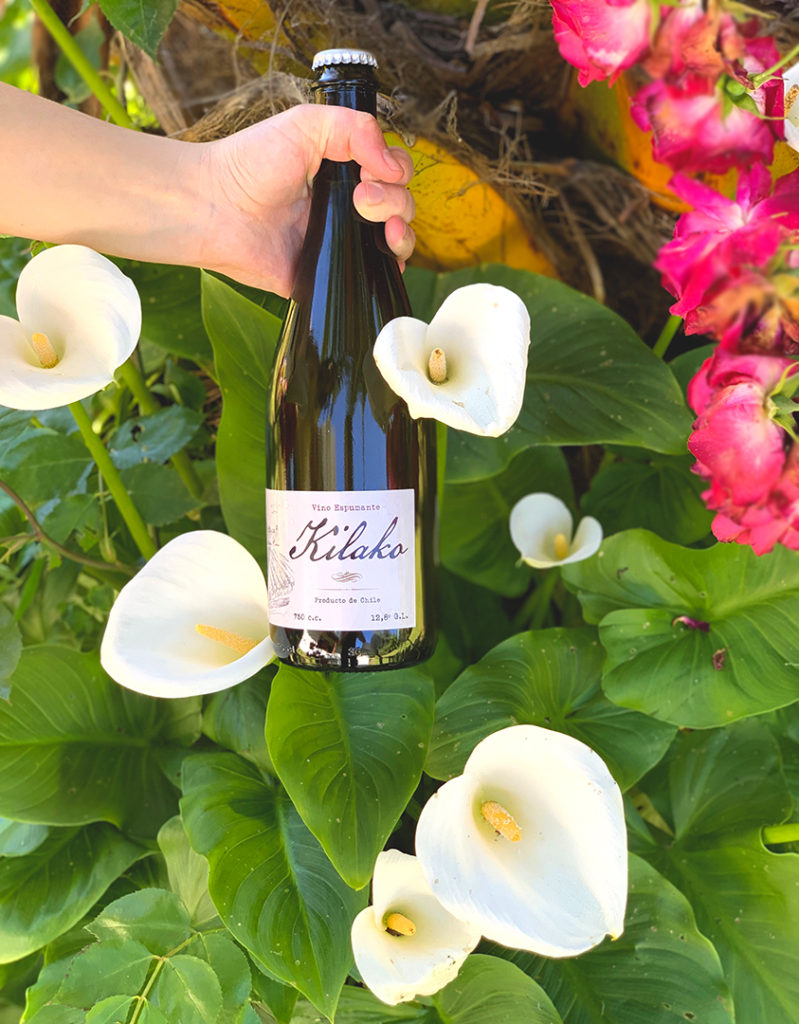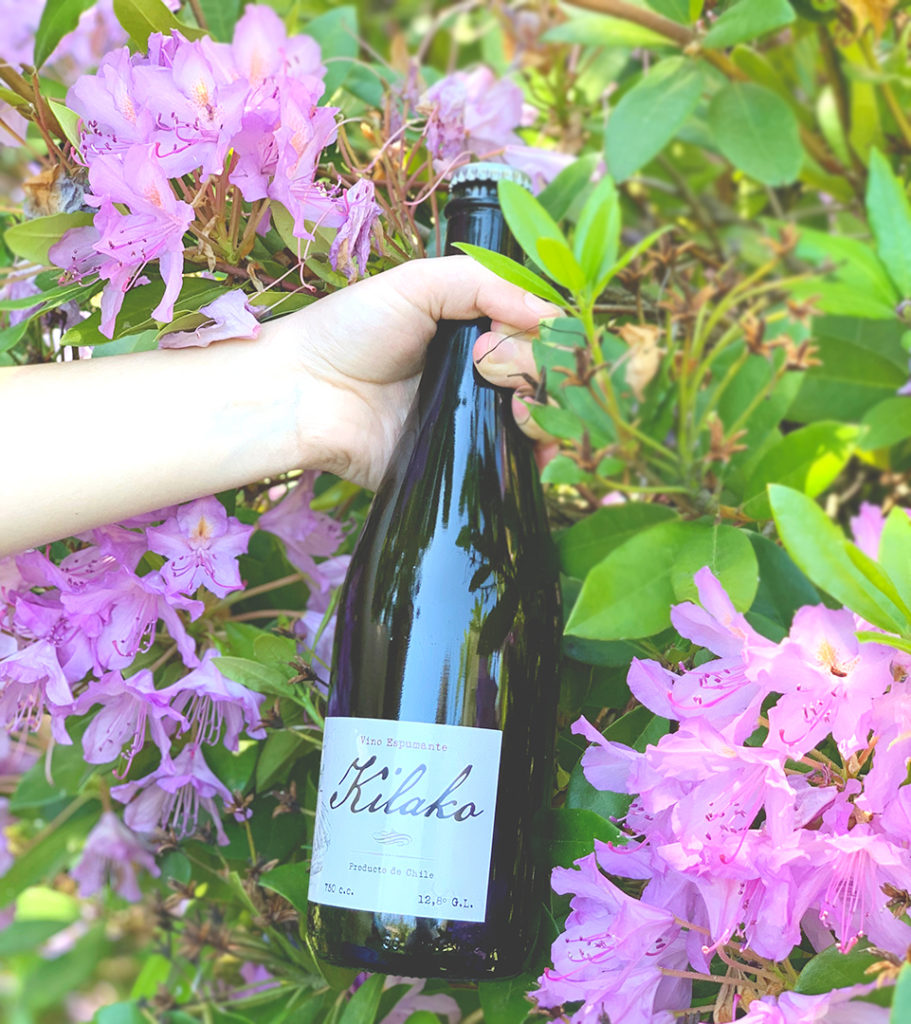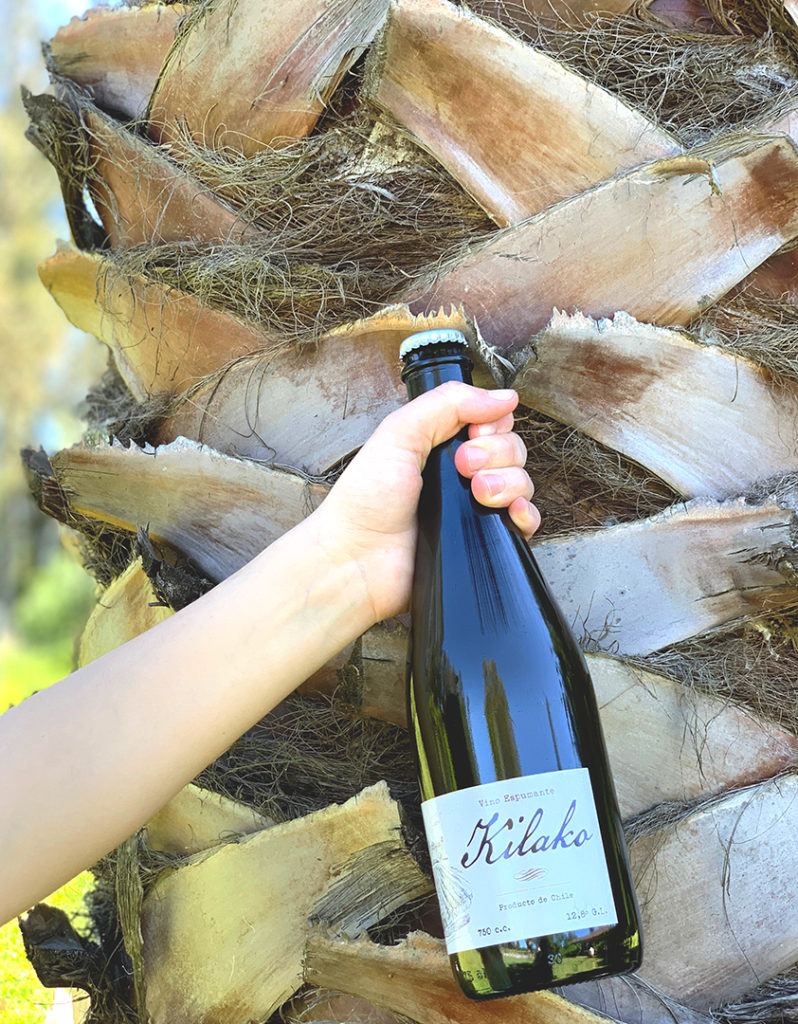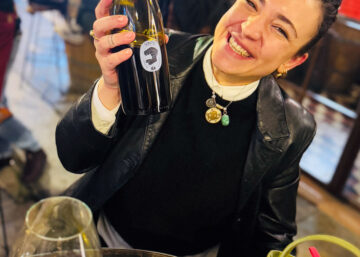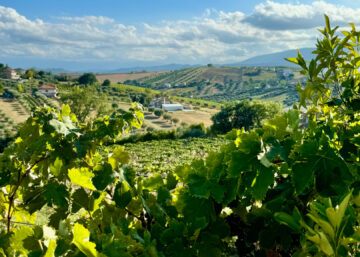In 2017, Chile burned from north to south, and it was tragic. Horrific. Lives were lost, homes destroyed and hundreds of thousands of hectares ravaged. And so, many of the grapes that survived were impregnated with smoke, their wines showing aromas reminiscent of a wood fire burning at a distance.
Kilako 2017 is one of those wines, alluding to the flames that left much of its origin, Florida, in ashes. But it’s not all smoke. Moscatel de Alejandría is quite expressive, and this fun pét nat does the ancient grape justice.
Pickier palates might say it’s flawed, but I’m fascinated by it. First of all, it’s a survivor. Secondly, how interesting is it that wine doesn’t just speak of its origin, but also of the year’s conditions, of crises. This is the type of wine that’s fundamental for people to try so they can understand just how grapes work, which is why I’ve shown it at a few tastings now. Not one bottle has gone undrunk, not one drop.
Winemaker Gustavo Martinez learned how to make this ancestral method fizz from a local vintner. She was simply making it as she was taught by her family with generations of experience in Florida. He found it a great way to jazz up Moscatel, a grape that’s a hard sell, yet deeply rooted in Itata’s culture.
There were some wines from 2017 that he dumped, their character completely overpowered by smoke. But he saw something in
Kilako in native Mapudungun means “agua de quila,” water from the Chusquea, a perennial bamboo endemic to Chile and Argentina. It grows in humid temperate forests, just like those surrounding Florida.
